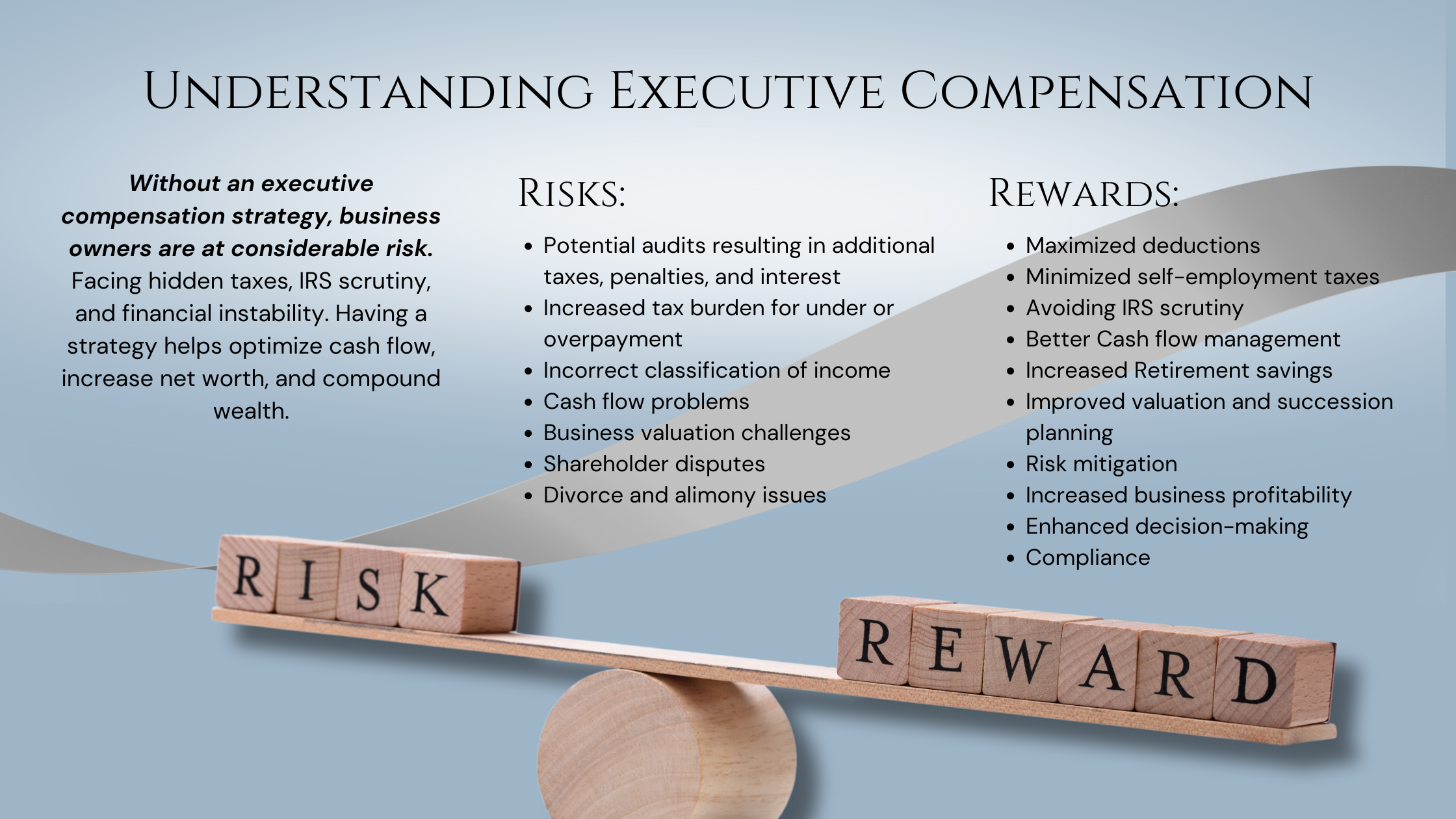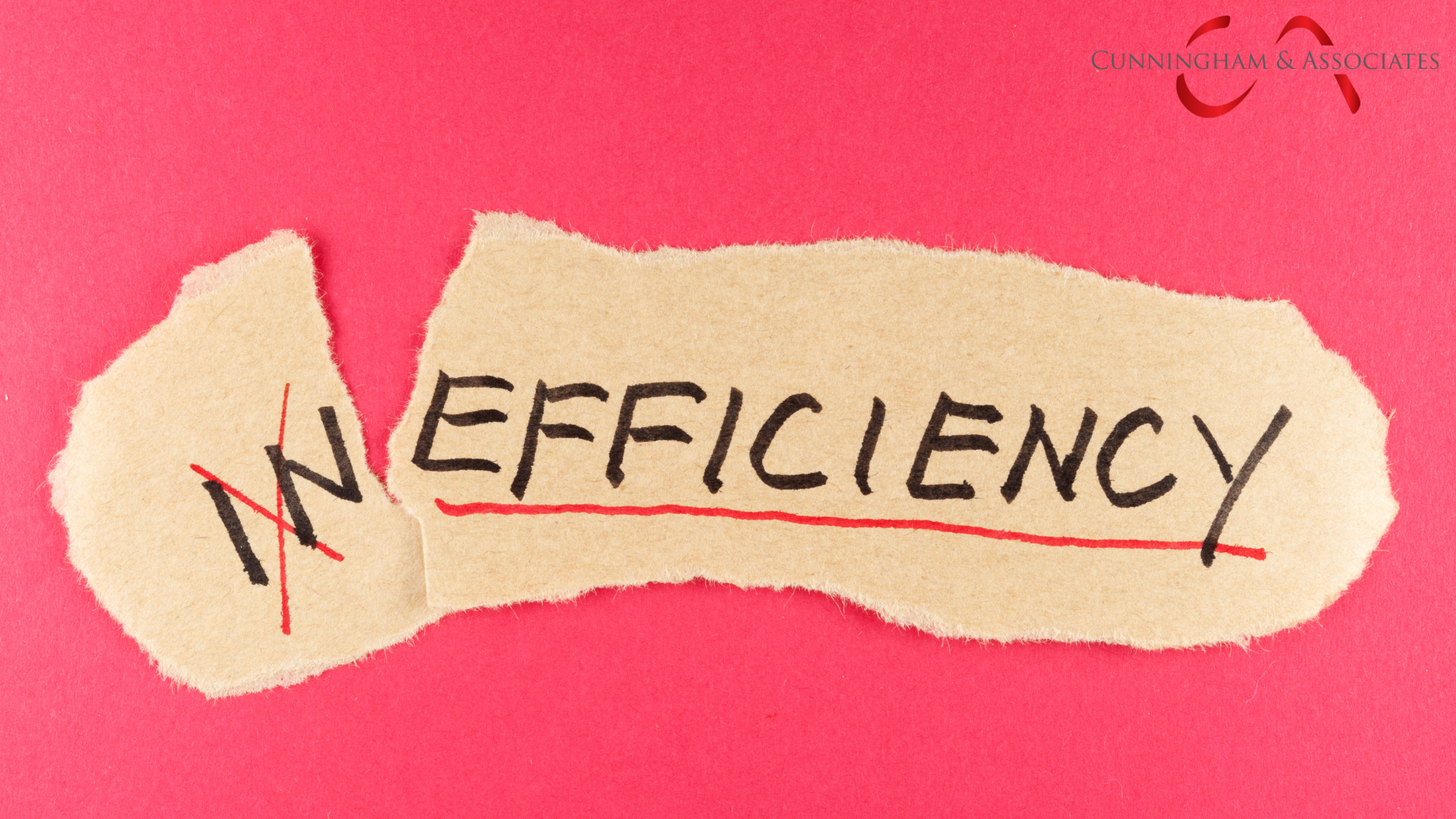Defining Salary and Draw: What Business Owners Need to Know
For business owners, understanding the difference between taking a salary and an owner's draw is crucial for both financial planning and tax compliance. A salary, of course, is to a regular, predetermined amount paid to an owner who works as an employee in their own company. It's subject to payroll taxes and withholding.
An owner's draw, however, is a withdrawal of the business's earnings by the owner for personal use, which is not subject to payroll taxes at the time of the draw. However, it must still be reported on the owner's personal income tax return.
This distinction is particularly important in different business structures. For instance, C corps require that working owners receive a salary, while sole proprietors, partners in partnerships, and S corp shareholders might opt for an owner's draw. Choosing the right compensation method can have significant implications for your financial health as an owner, and your business's financial health.
Salary Vs. Owner's Draw: Tax Implications
When it comes to tax responsibilities, the method of owner compensation is a significant factor. Salary is treated like any other employee's wages, subject to federal income tax, Social Security, and Medicare taxes, and usually state and local taxes. The business withholds these taxes from each paycheck and pays its share of Social Security and Medicare taxes. On the other hand, an owner's draw is not subject to payroll taxes. Instead, the owner pays self-employment taxes on their share of the business's profits, which encompasses both Social Security and Medicare taxes, through their personal tax return.
Understanding the impact of these different tax treatments is vital. A salary can provide a steady income and predictable tax deductions for the business, but it means higher payroll taxes. An owner's draw may offer more flexibility and lower immediate tax liability, but it requires careful tax planning to ensure self-employment taxes are accurately paid.
Pros and Cons of Salary vs. Draw for Business Owners
Some things to consider when weighing salary vs. draw. A salary provides a stable income, enhances personal creditworthiness for potential lenders, and factors into your Social Security benefits calculation. However, it may result in higher initial taxes and limit flexibility in managing business finances. On the other hand, an owner's draw allows for more flexibility in accessing funds as needed, potentially reduces immediate tax liabilities, and simplifies the payroll process. Yet, it may pose challenges in securing personal financing, does not directly contribute to Social Security, and necessitates careful tax planning to cover self-employment tax obligations.
Business owners must evaluate their long-term financial objectives, cash flow requirements, and personal financial circumstances when deciding between a salary and an owner's draw. Seeking advice from a tax professional is highly recommended to fully grasp the implications of each option.
Strategic Financial Planning: Choosing Between Salary and Draw
Making a strategic choice between salary and owner's draw requires an understanding of both immediate needs and long-term business objectives. A salary might be preferable for owners who prioritize a steady income and are willing to manage the increased payroll administrative work. It's also a must for owners of corporations. However, if the business's income is highly variable, or if minimizing taxes and maximizing cash flow is crucial, an owner's draw might be more advantageous.
Business owners should consider the operational costs, projected earnings, tax brackets, retirement planning, and the need for reinvestment in the business. Regular financial reviews and tax planning sessions can help owners make informed decisions that align with their personal and business financial strategies.
Real-Life Scenarios: How Salary Vs. Draw Impacts Taxes
Let's look at a couple of scenarios to illustrate the tax implications of salary versus owner's draw. First, an owner who takes a high salary might fall into a higher tax bracket, resulting in higher overall taxes, while an owner who opts for a draw may benefit from lower self-employment taxes due to deductions and credits. Another scenario could involve a business that's experiencing rapid growth. The owner might choose a modest salary to reinvest profits back into the business while strategically planning for tax-efficient draws.
Each scenario underscores the importance of personalized tax advice. Business owners should work closely with tax professionals to run projections and analyze the tax consequences of different compensation strategies. By doing so, they can optimize their tax position and ensure that their choice supports both their personal financial well-being and the growth of their business.
At C&A we work with business owners at all stages to perform Executive Compensation Studies that optimize compensation for owners. Set up a time to talk with the team at C&A today.




